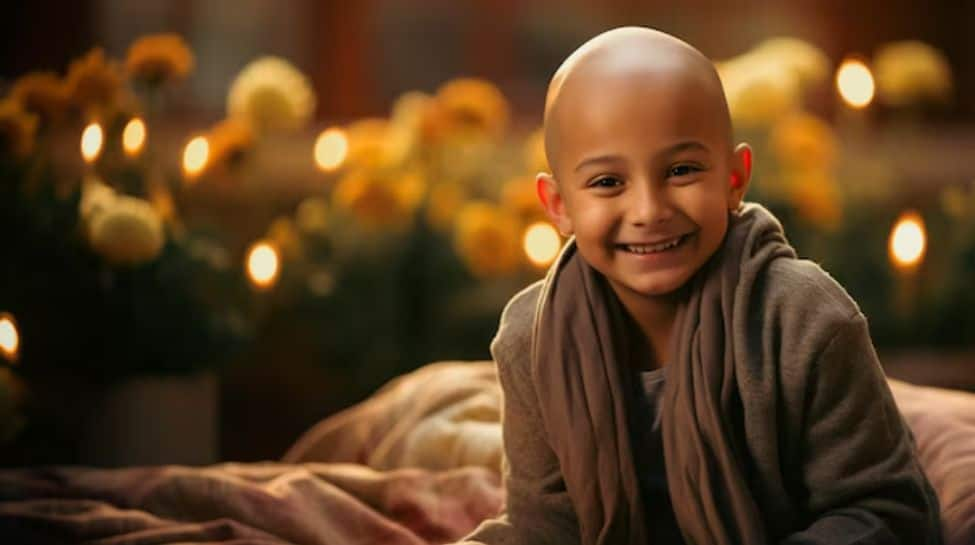Currently, cancer cases are rampant in people of all age groups. Just like adults, cancer is commonly seen in even children. When people hear the big “C” word, many think that it is one disease, but childhood cancers are very different from cancers seen in adults.
The child’s body is growing, and the response to treatment will not be as similar as that of adults. Understanding these differences helps families recognize the challenges and the hope that modern treatment can bring. Dr. Purvaja Kubde, Paediatric Haematologist-Oncologist at Onco-Life Cancer Centre, shares how childhood cancer differs from adult cancer.
The causes
Childhood cancer: In most cases, the exact cause is unknown. However, it is believed to be occurring because of genetic changes or inherited genetic conditions. Parents must consult the doctor and clear all doubts regarding this cancer.
Adult cancer: Are you aware? Even lifestyle and environmental factors are known to play an important role in the occurrence of cancer. Hence, various factors such as smoking, alcohol, obesity, poor diet, and exposure to chemicals can increase the risk of cancer in adults.
The symptoms
In children: Unexplained fevers, frequent infections, unusual lumps, persistent tiredness, sudden weight loss, or bone pain can be warning signs.
In adults: Symptoms can be bowel or bladder habits, chronic cough, unexplained bleeding, or long-lasting fatigues that demand timely diagnosis and treatment.
Treatment
For children: Treatment advised will be chemotherapy, radiation, surgery, or bone marrow transplant. Children tend to tolerate chemotherapy better than adults because their bodies recover faster, though side effects can be seen but will subside with time.
For adults: Treatment depends on cancer type and stage. The recovery period can be from 6 months to even a year. Both children and adults will require regular check-ups and follow-ups with the doctor.
Children have a better chance of recovery compared to adults because their cancers tend to respond well to treatment. With early diagnosis and proper care, children and adults can improve their well-being. Stay healthy, stay safe!

